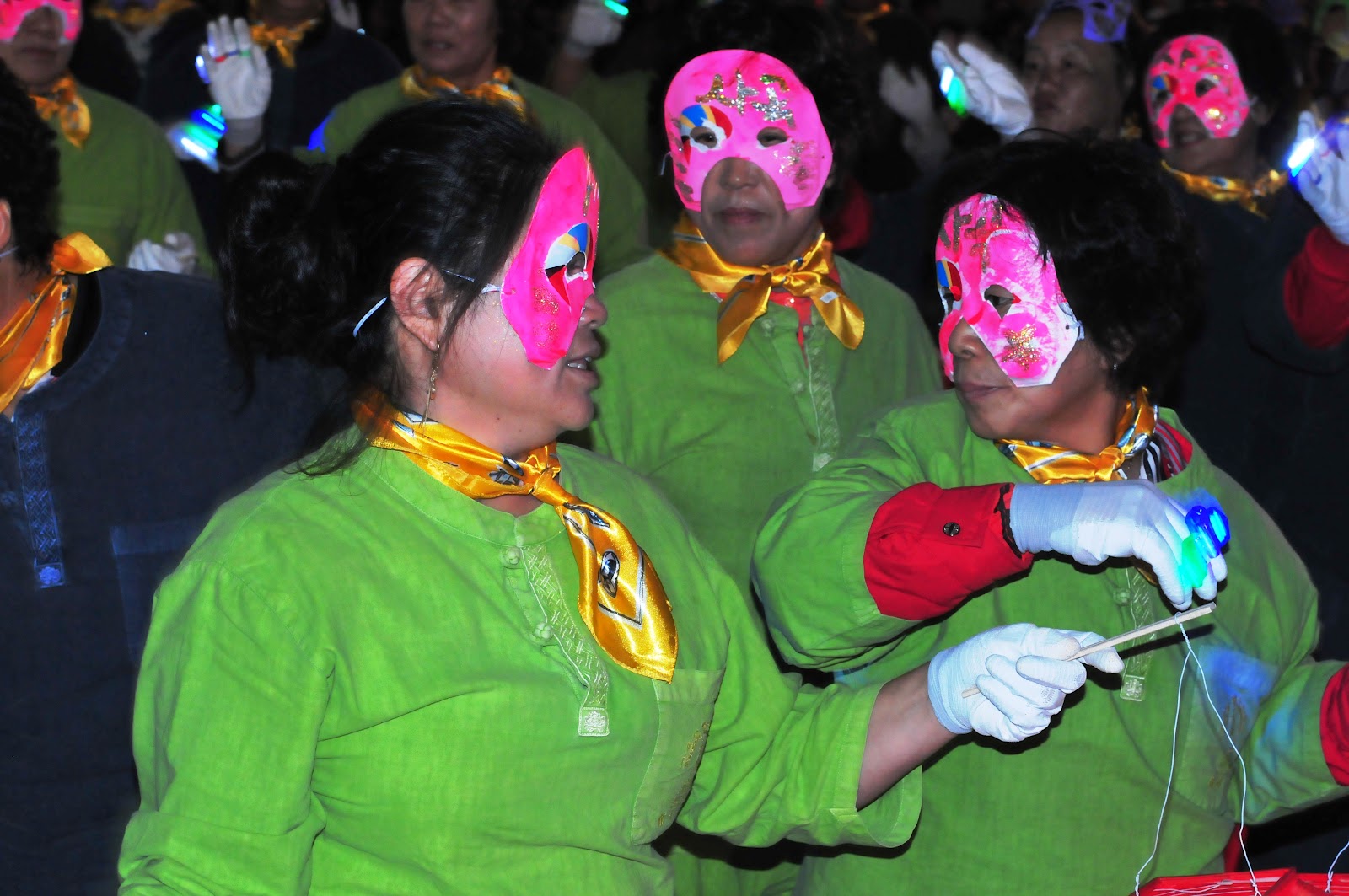Criticism is
prejudice made plausible. – H. L. Mencken
We walk with our own maps.
Walking Seoul’s streets, or the Ewha campus, I, raised in the
Western/American context, find my made-in-USA maps (both cultural and
geographical) pretty darn useless most of the time. While I may think my home-grown information is accurate, the data are just “representational.”
What do you mean, Marc?
I grew up in a culture where driving on the right side of
the road is a generations-old habit. It’s a habit that transfers: we walk on
the right in crowded public places. Walking on the left gets one odd looks, as you
negotiate more often that person appearing just in front, where each tries to
read each others’ intent about which direction the other is headed.
But not here. It’s a free-for-all, all the time.
Staying right, or left, does not seem to clear the sidewalk
of a constant supply of “sidewalk dance” partners. The only time I actually
touch Koreans in this rare-touch society occurs in the shoulder-brushes one can
expect every few hundred meters in this crowded place.
Here is a government poster one sees often to help “move the
needle” of people’s public behavior in walking. It urges people to walk on the right:
● ●
●
Living in Korea a generation ago, and now, I come
with a great deal of acquired knowledge (“maps”) about the country, its
Confucian heritage, cultural mores, history. By the standards of my zip code
back in North Carolina, I am an “expert” on Korea.
The problem back
in 1980, and again in 2012, is to assume I know the correctness of “right”
and “left” here. I know less-than-enough about the past history, culture,
Confucianism, military invasions, and language, yet assume I could know enough about Korea or name Korea’s problems. I feel authorized to predict how best for Koreans (or, at
least, my students) to negotiate their futures.
“If they’d only listen
to me. I would teach them how to walk! ... Or think!"
It’s an evangelistic mindset, a disposition of control. Notice the “Me” and “Them” grammar. One may take the professor out of America, but can one excise the "America" from the professor?
A website from Emory University describes my problem as Latent Orientalism: the
unconscious, untouchable certainty about what the Orient is. The Orient is seen as separate, eccentric, backward,
silently different, sensual, and passive. It has a tendency towards despotism
and away from progress… Its progress and value are judged in terms of, and in
comparison to, the West, so it is always the Other, the conquerable, and the
inferior. (For more information, see Edward Said’s seminal work, Orientalism.)
Most of what I come to know is already colored by What/Who
resides already in my brain; what I perceive is already behind my senses; and
the sights lie – how convenient! – already behind my eyes! If perceived at all,
Korea or “The Orient” contains my fingerprint, my voiceprint. I am very good at projecting my own representations in all that I see, hear, and
perceive.
This is not just psychological. Political, economic and missionary
positions are implicated. Has not my country “understood” Islam – another
Orientalism – and performed its diplomatic and military operations from within
that colorized-colonized view? "We are here to liberate you."
And it's all in my head.
It's all in your mind.
- lyrics from Mr. Brightside & Spaceman by The Killers
 |
| Example of Orientalism in Religion |
Back to Korea: This blog
is entitled All Korea Considered. Has this observer the will and freedom to rise
up from the cave of shadows, and leave unreal images unconsidered? Don’t know …
Colonialism
in all its forms
dies hard.
Ignorance is
so well organized.
Am I like modern day colorizers of Hollywood black & white films? Readers: Caveat lector! When
you read of, or see pictures of this country and its people, you are
really inspecting his filters (with your own filters!). Can I stop being so representational,
and become clear and transparent so you may Consider All Korea as you read? It’s
an ever-elusive goal.
We are always paid for our suspicion by finding what we
suspect, wrote Thoreau. We walk this Earth with our own maps, see with lenses
ground by our own culture, and expect people to stay so conveniently on their
side of the sidewalk. What small universes we inhabit!
Thanks for joining me as I walk these streets. I still pray to bump shoulders with the real Korea.
Marc, lost still in translation.
New Yorker cartoons © by Steinberg and Barsotti.




































































